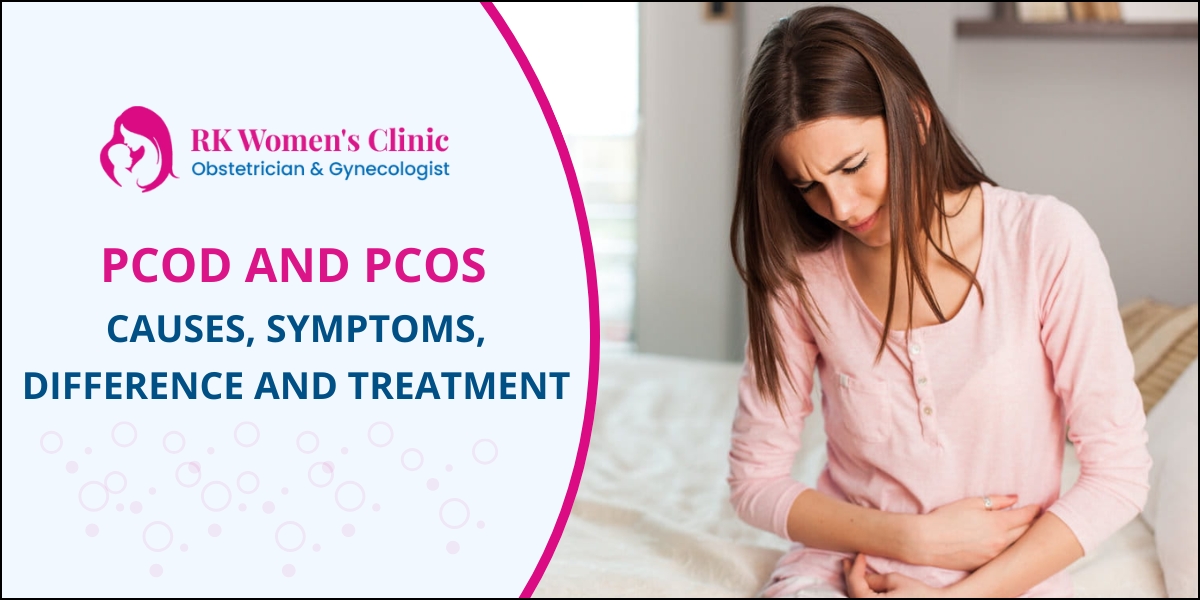Polycystic Ovary Disorder (PCOD) and Polycystic Ovary Syndrome (PCOS) are common hormonal disorders affecting women of reproductive age. While they share similarities, they are distinct conditions with different implications for health. Understanding their causes, symptoms, differences, and treatment options is crucial for effective management.
What is PCOD and PCOS?
PCOD (Polycystic Ovary Disorder)
PCOD is a condition where the ovaries produce immature or partially mature eggs, which eventually turn into cysts. This leads to hormonal imbalances, irregular periods, and other metabolic issues.
PCOS (Polycystic Ovary Syndrome)
PCOS is a more severe metabolic disorder that affects the ovaries and leads to excessive androgen (male hormone) production. It is often associated with insulin resistance, obesity, and long-term health risks like diabetes and heart disease.
Causes of PCOD and PCOS
The exact causes are unknown, but contributing factors include:
- Genetics – Family history plays a role.
- Insulin Resistance – High insulin levels increase androgen production.
- Hormonal Imbalance – Excess androgens disrupt ovulation.
- Lifestyle Factors – Poor diet, lack of exercise, and stress worsen symptoms.
Symptoms of PCOD and PCOS
– Irregular or missed periods
– Heavy bleeding during periods
– Excessive facial/body hair (hirsutism)
– Acne and oily skin
– Weight gain (especially around the waist)
– Hair thinning or male-pattern baldness
– Darkening of skin (neck, groin)
– Difficulty getting pregnant
Diagnosis and Treatment
Diagnosis:
- – Pelvic Ultrasound – Checks for ovarian cysts.
- – Blood Tests – Measures hormone levels (LH, FSH, testosterone, insulin).
- – Medical History & Physical Exam – Evaluates symptoms and risk factors.
Treatment Options:
- – Lifestyle Changes – Weight loss, balanced diet, and regular exercise.
- – Medications – Birth control pills, Metformin (for insulin resistance), fertility drugs.
- – Hormonal Therapy – Anti-androgen medications to reduce hair growth and acne.
- – Surgery – Laparoscopic ovarian drilling (in severe cases).
Prevention and Management Tips
- – Maintain a healthy weight
- – Eat a low-glycemic, high-fiber diet
- – Exercise regularly (yoga, cardio, strength training)
- – Manage stress with meditation and proper sleep
- – Regular check-ups with a gynecologist
Expert Care for PCOD/PCOS in Kasarvadavali
If you’re struggling with PCOD or PCOS symptoms, consult Dr. Akula Ramya Krishna, the best gynecologist in Kasarvadavali, Thane. With years of expertise in women’s health, hormonal disorders, and infertility treatment, she provides personalized care for effective management.
For appointments, contact the best lady gynecologist near you in Thane and take the first step toward better reproductive health!





